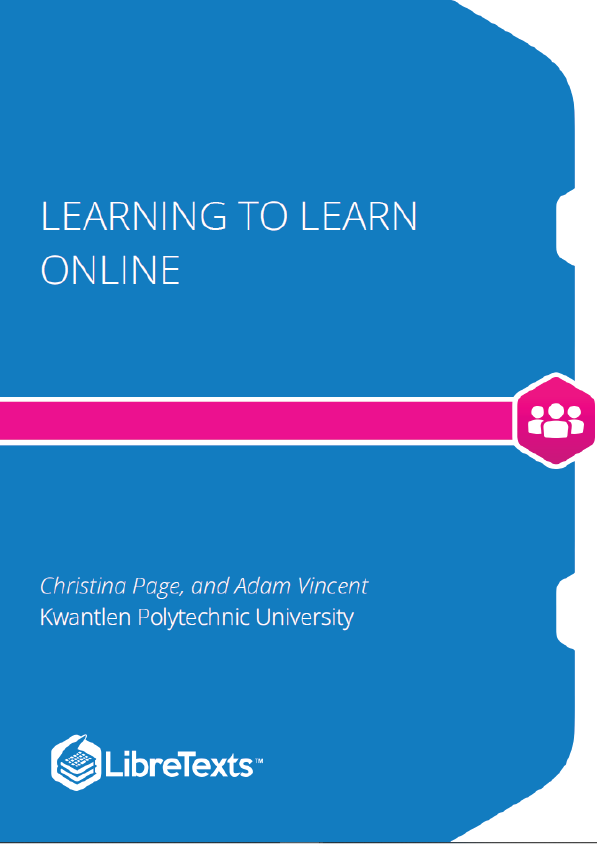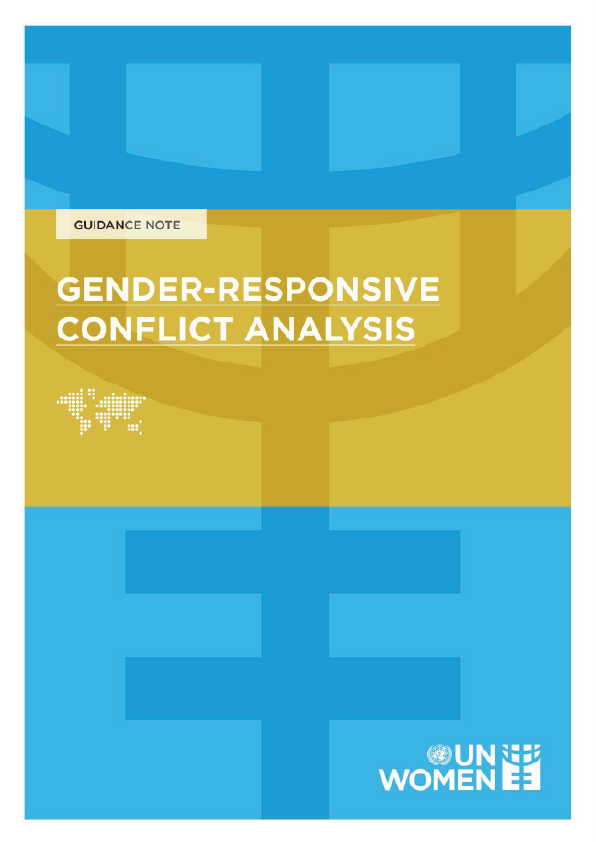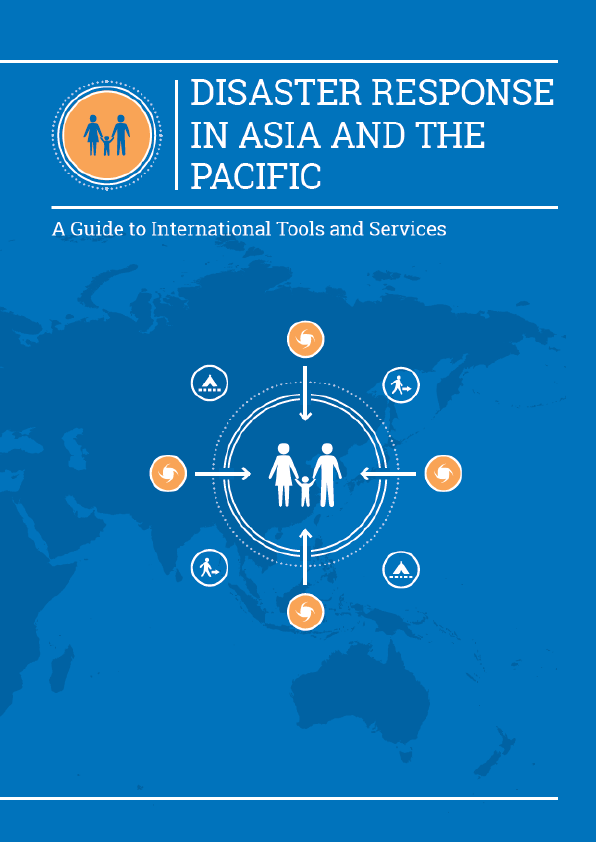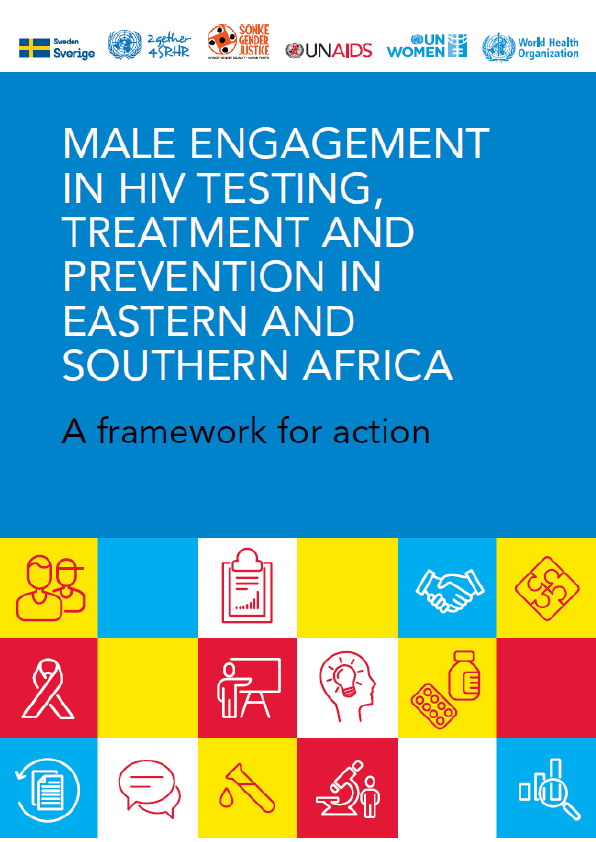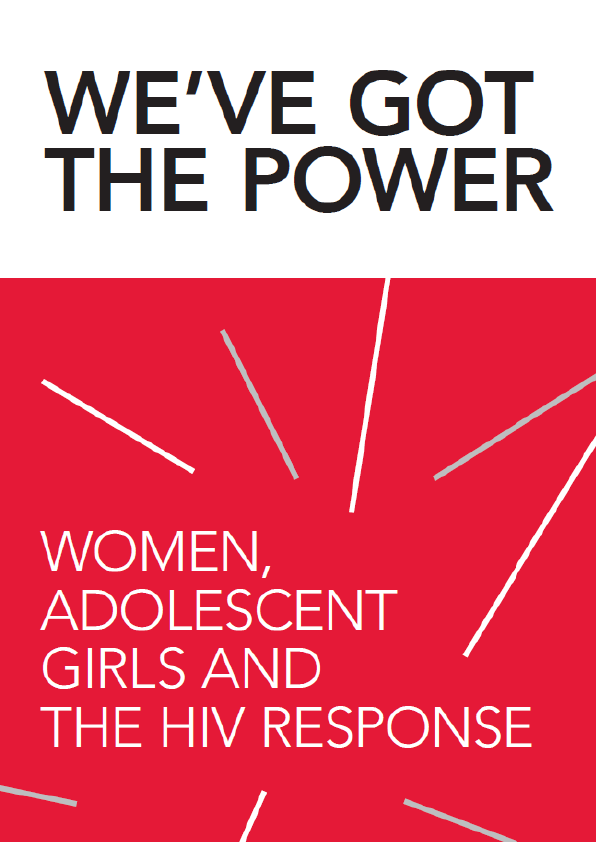Learning to Learn Online helps you prepare for online learning success by introducing you to the online learning environment and your role as a learner within it. As you come to understand yourself as an self-directed learner, you will also be introduced to effective learning strategies: time management for online learners, information management, professional communication, and reading strategies. Welcome to your online learning journey!
Who am I as an online learner?
In this section of the workshop, you will explore your role as an online learning student. By the end of this section, you will be able to:
- Describe the characteristics of a self-directed learner.
- Use the plan-monitor-evaluate strategy to organize and evaluate your learning.
- Apply critical questioning and reflective strategies to assess your learning at each stage in your course.
What is metacognition?
Have you ever wondered what the most successful students do differently from other students? Students who have developed effective ways of learning have mastered a skill called metacognition. In simple terms, metacognition is understanding your own thinking and learning processes. In other words, it is “thinking about your thinking”. Metacognitive skills include planning your learning, monitoring whether your current learning strategies are successful, and evaluating results of your learning. Improving your metacognitive skills is associated with increased success in all of your academic life. To learn more about how metacognition applies to student life, watch the video below.
Learning Choices: Videos and Text
At several points in the workshop, you will have the opportunity to learn key skills by watching a short video. If you prefer reading to watching videos, you will find a video transcript located directly below each video. Scroll past the video to read if this is your learning preference.
Planning involves two key tasks: deciding what you need to learn, and then deciding how you are going to learn that material.
Monitoring requires you to ask “how am I doing at learning this?”. In monitoring, you are constantly tracking what you have learned, what you don’t yet know, and whether your study strategies are helping you to learn effectively.
Evaluation involves reflection on how well you met your Learning Objectives after completing a unit of study, or receiving feedback (such as a test or assignment).
At each stage in the learning cycle, there are key questions that you will ask yourself to support your learning process. In the chart below, you will identify the key question for each stage in the cycle, along with the other questions you will want to consider. To use these questions in your courses, download a printable worksheet version.
